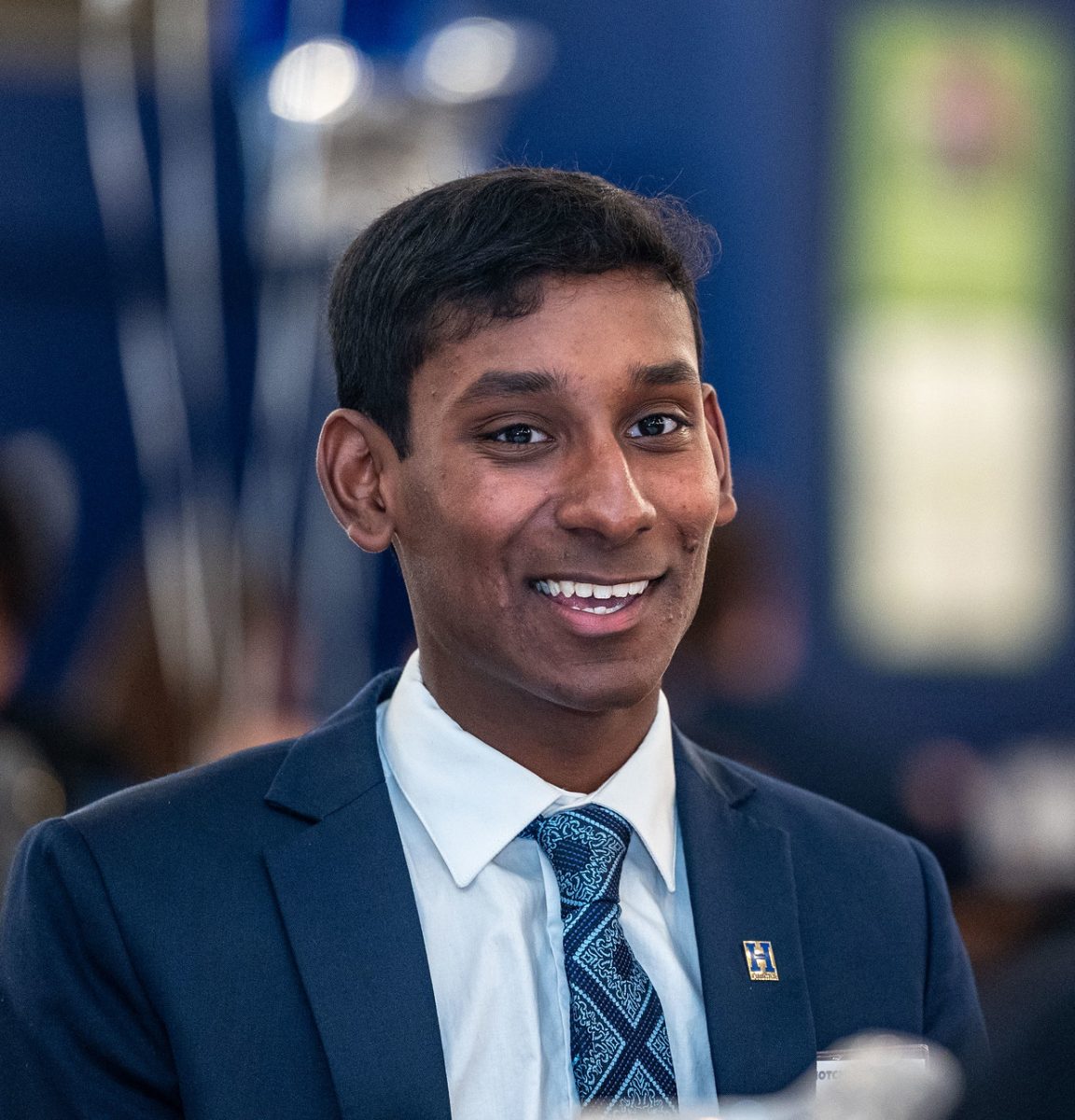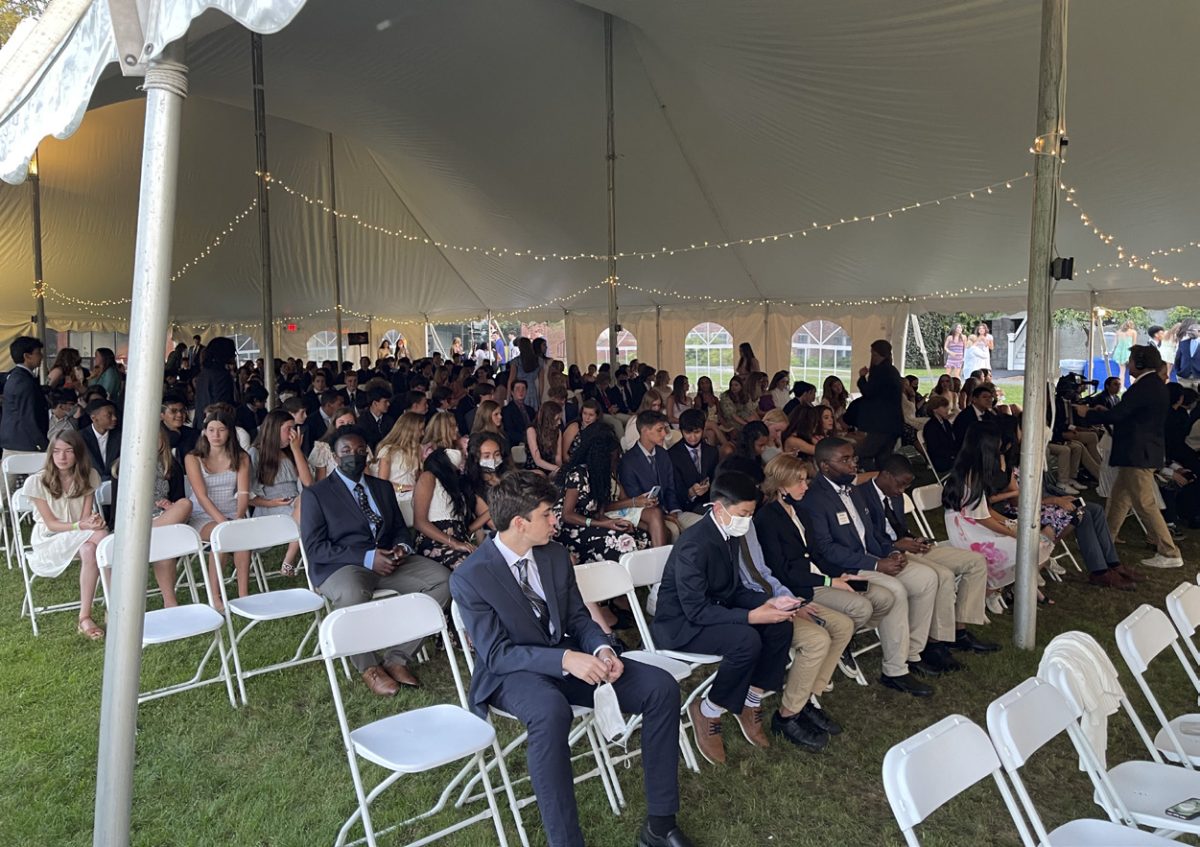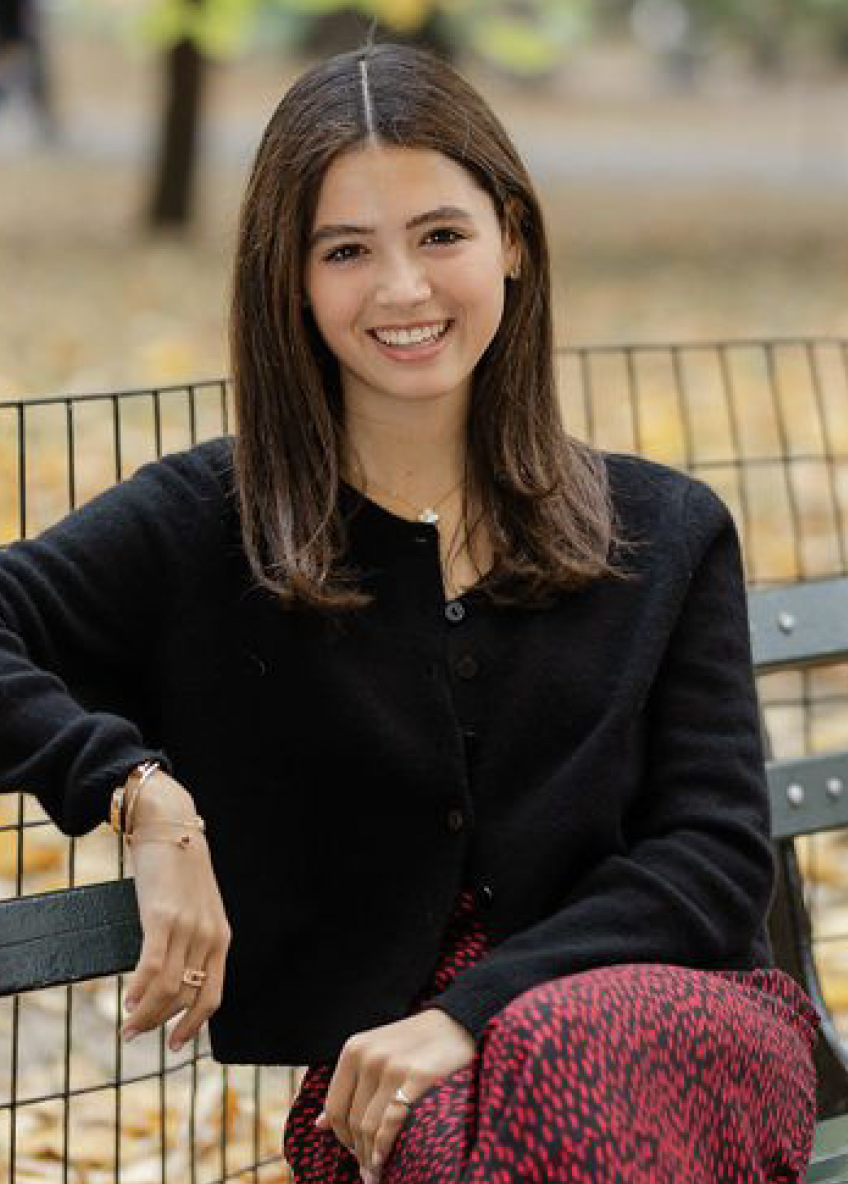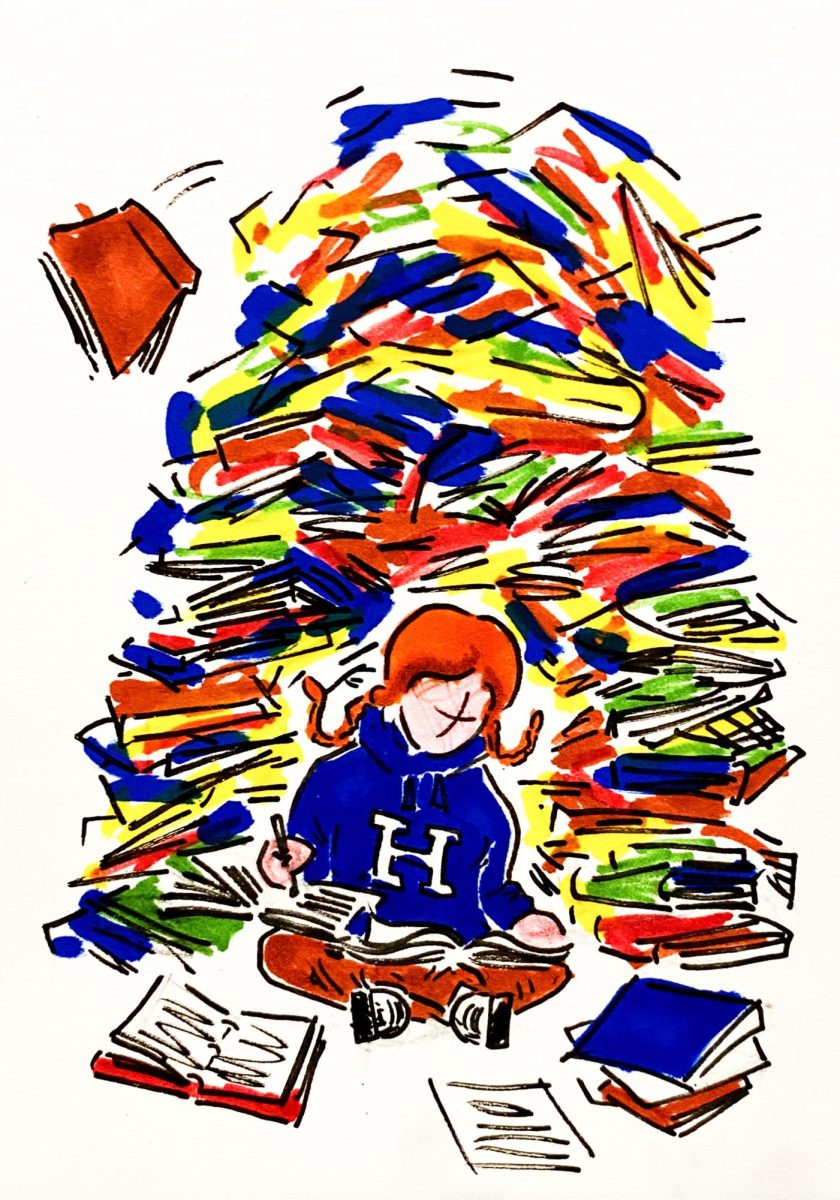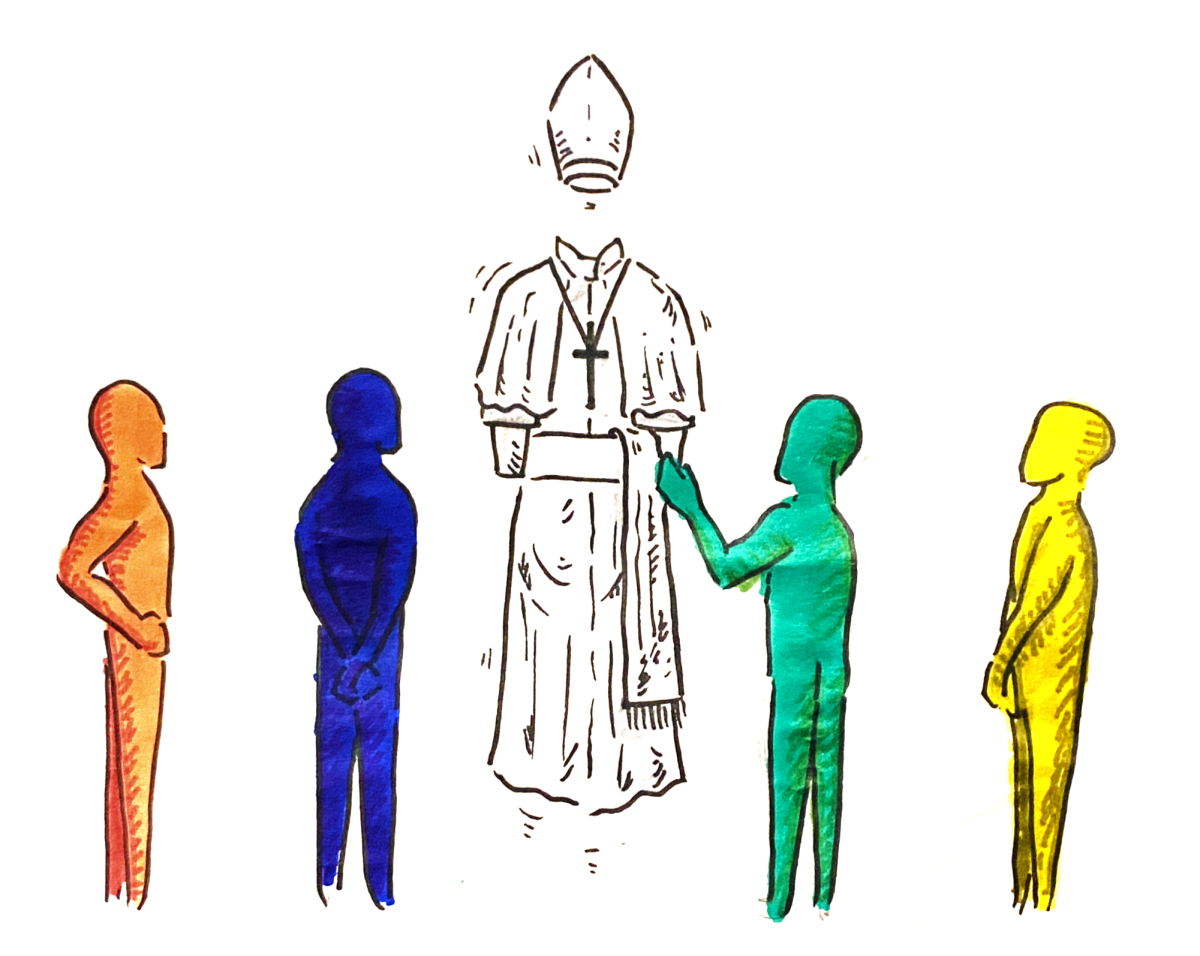Watching the sun set over the lake, feeling the gentle breeze on my skin as I return to Edelman, strolling around campus surrounded by friends, playing tennis with questionable skill but immense enthusiasm, and even running up Cardiac Hill in the bygone days of my cross country career have all brought me much joy. Hotchkiss has truly become my home. In the physical isolation of Lakeville, Connecticut, I have built some of the deepest emotional bonds of my life.
As I relish the quiet that arises from this isolation, I’ve also felt a strange kind of stillness creep into my thinking. Not a lack of ideas—indeed, we’re swimming in a whitewater river of readings, essays, and Harkness discussions—but a subtler, quieter stagnation. A narrowing of what feels worth questioning. The debates we have begin to sound familiar, our intellectual ranges to feel smaller.
One of my most memorable experiences was a conversation I had in Kuala Lumpur, Malaysia, where I represented the school at the World Debate and Public Speaking Championships. What began as a spontaneous encounter with a stranger soon grew into hours upon hours of conversation (after dancing to “Night Changes”). We discussed a phenomenon that has long interested me and come into particularly sharp focus in today’s world: the global rise of populism and hypernationalism and the erosion of democratic values. On an intellectual level, this conversation had me on my toes, covering everything from anthropology and economics to the meaning of the word flâneur and whether that figure could even exist in the modern world.
As we sought to reconcile the problems of modern governance with ancient theories and utopian visions, what struck me the most was the remarkable degree of open- mindedness that enabled us to have a deep connection. Be it surrounding our identity as third-culture children or our mutual interest in Francis Fukuyama’s End of History, we shared a willingness to challenge assumptions and ponder the subterranean, to sideline biases and emotions and speak freely. We had no fear of conventional narratives, liberal values, or other inhibitors of pure discourse. It was truly liberating for me. When Hotchkiss came up in the context of American politics, we realized that this institution, for all its educational excellence and brilliant people, is part of an increasingly prevalent problem.
When the aforementioned Fukuyama came up in my international relations class, my beloved classmates laughed at the notion of the end of history. When we were discussing the moral undertones of WWII in my fall H&SS elective, very few people took contrarian stances on uncomfortable topics. Silence was more comfortable. In the aftermath of conflict erupting in the Middle East in 2023, the International Relations Society was encouraged not to host discussions and wait for the school to bring in an expert instead, which they only did more than a year later.
I value comfort as much as anyone else. But I find it deeply disturbing that our desire for comfort and enjoyment of Hotchkiss’ isolation allow us to unplug from the world and stop asking tough questions. In fact, I believe that this tendency is the source of the growing divide between those who go to institutions like Hotchkiss, who can lock themselves in predefined and convenient values and beliefs and those who have traveled beyond these 827 acres, those who contend with life on a deeper level everyday.
Some of my fondest memories are of gathering in Rm. 410, at The Woodland, or in the English wing with Jeffrey, Andrew, Daniel, Keane, Bill, Dhruv, Aiden, Max, Anthony, TJ, Alistair, Ethan and so many others, engaging in silly, contrarian, saddening, and revelatory conversations that have shaped who I am today. I sincerely hope that everyone gets to enjoy such raw, vulnerable, and expansive conversations.
If I can impart anything, it is a humble request to challenge the dominant narrative, even if it means feeling discomfort or creating tension. We have the privilege, the faculty mentorship, the educational grounding, and the intellectual firepower necessary to engage with the world around us free of the shallow and artificial constraints of the prevailing liberal American narrative: the narrative that makes us read The New York Times as gospel, adopt its moral posture, and never examine what lies beneath it; the narrative that prizes performance over principle, comfort over contradiction, and consensus over curiosity.
In pursuing this challenge, I believe that we can follow the rich tradition of past Hotchkiss generations and live up to the civic responsibility that comes with our privilege. I am not asking you to abandon the resplendence of this campus. Go swim in the lake, frolic on the grass, read pretty poems, but do so with a consciousness of the broader, less perfect world that we Seniors are about to enter and our Prep friends will as well, not long after us.
From the bottom of my heart, thank you for four years of the most heartwarming support.

